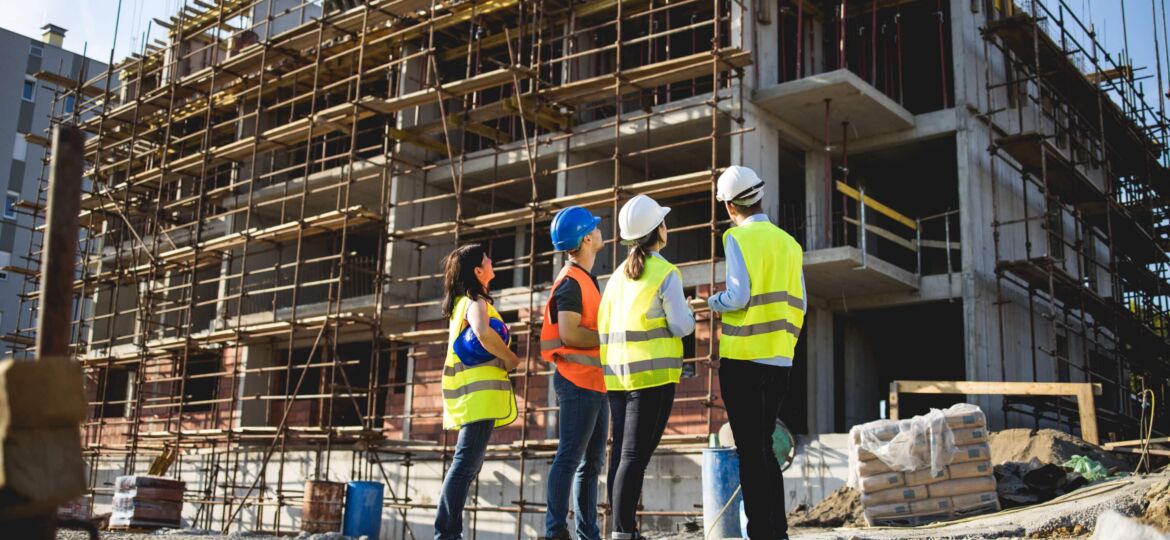
Construction waste is a pressing issue in the building industry. It refers to any material discarded during the construction, renovation, or demolition of structures. The impact of construction waste extends beyond job sites; it contributes to landfills, poses environmental challenges, and carries significant disposal costs. At Hill Commercial Construction in Denver, CO, we’ll explore the importance of reducing construction waste and provide practical strategies for achieving this goal.
Understanding Construction Waste
- Types of Construction Waste: Construction waste comes in various forms, including:
- Common Materials: These are materials like concrete, wood, steel, and drywall, which are frequently used in construction.
- Hazardous Materials: These materials, such as asbestos and lead-based paint, pose environmental and health risks and require special disposal methods.
- Environmental and Economic Impacts: Construction waste has far-reaching effects:
- Landfill Contributions: Construction waste is a major contributor to landfills, taking up valuable space and contributing to pollution.
- Disposal Costs: Construction waste disposal can be expensive due to landfill fees and transportation costs.
Strategies for Reducing Construction Waste
- Planning and Design Phase:
-
- Sustainable Design Principles: Incorporate sustainability into the project’s design by using materials that are durable, recyclable, or made from renewable resources.
- Material Selection: Choose materials with low waste potential and consider modular construction to minimize onsite cutting and waste generation.
- Pre-construction Phase:
-
- Inventory and Assessment: Prior to demolition, assess existing structures to identify salvageable materials, reducing the need for new resources.
- Salvaging and Reusing: Salvage materials like doors, fixtures, and lumber for reuse in current or future projects.
-
- Waste Management Plan: Develop a comprehensive waste management plan outlining waste reduction goals, recycling procedures, and responsible disposal practices.
- Lean Construction: Adopt lean construction practices to optimize resource use, minimize overordering, and reduce waste.
- On-site Material Sorting: Set up designated areas for sorting and recycling materials like metal, concrete, and cardboard directly on-site.
- Post-construction Phase:
-
- Demolition and Deconstruction: When dismantling structures, employ deconstruction techniques that maximize the recovery of materials.
- Recycling and Waste Diversion: Collaborate with recycling centers and waste diversion programs to ensure materials are properly recycled and diverted from landfills.
Educating the Workforce
Promote a culture of sustainability within your construction company by implementing training and awareness programs that educate workers about waste reduction strategies and the significance of sustainability. Encourage active employee engagement by involving them in decision-making processes and initiatives aimed at reducing waste, fostering a sense of ownership in the sustainability efforts.
Choose Hill Commercial Construction For Your Next Project
In closing, embracing sustainable construction practices not only benefits the environment but also enhances efficiency and reduces costs. By prioritizing waste reduction, the construction industry can pave the way for a greener and more economically sound future. Contact us today at Hill Commercial Construction to learn more about the construction process and how we can help you achieve your goals.